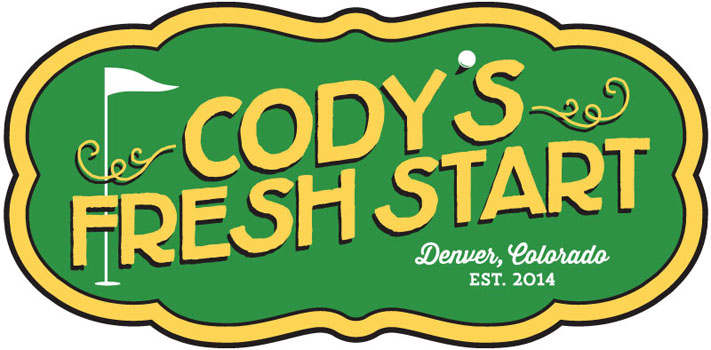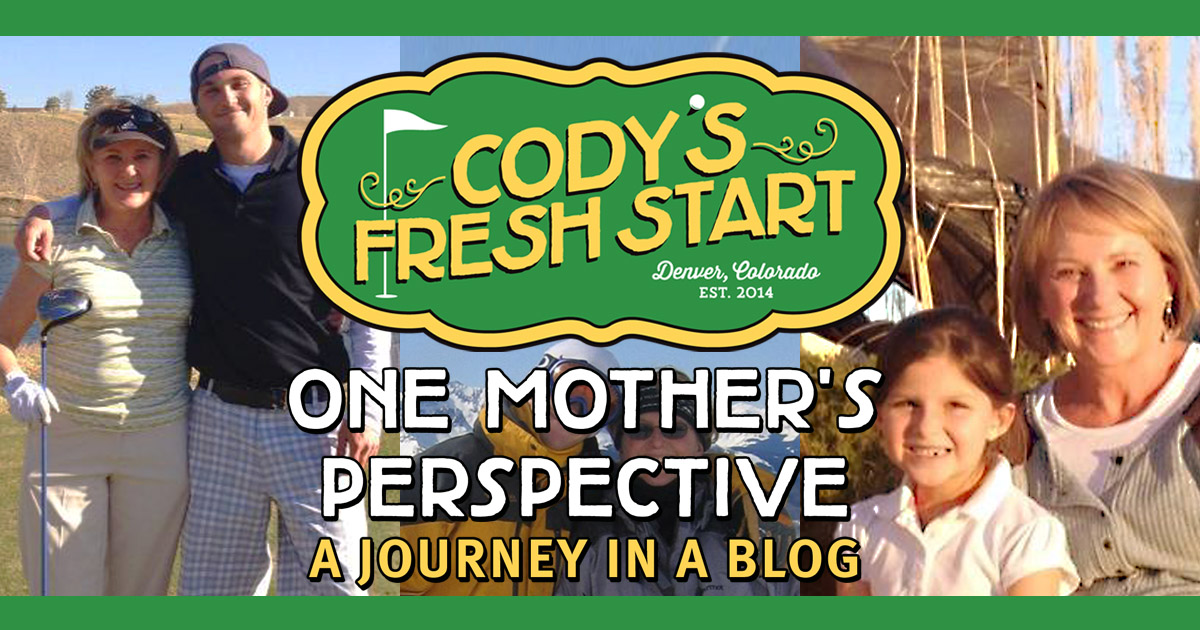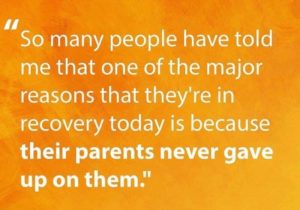By Mary Cucarola, 5/1/19
“A Mother’s love for her child is like nothing else in the world. It knows no law, no pity, it dares all things and crushes down remorselessly all that stands in its path.” ~Agatha Christie
Every time I see this post on social media, I cringe. It has been making its rounds lately on Facebook. It sounds good on its surface, praising parents who don’t “give up” on their addicted kids. I think of a parent like me, who has lost his or her child to addiction or a parent whose child is on the streets deep in their addiction, and feel for them, knowing how we constantly blame ourselves for the path our child has taken.
We believe we caused our child’s addiction, spending sleepless nights going over everything we’ve done or not done. We say to ourselves if only I had been there more or had intervened earlier, maybe things would be different.
Give up on our child? Not a chance.
There is the “blame game” stigma associated with this Facebook post, as if to say a parent has the power to cure their child’s addiction by just being supportive and not giving up. I wish it were true, because if it were true my son would still be alive. I wish I had the power to cure addiction, but I don’t; NO ONE DOES. I never gave up on Cody or stopped supporting his recovery, in fact it almost broke me emotionally and financially. But addiction can be a fatal disease, just like cancer or heart disease can be.
Addiction is a lifelong illness with no known cure. There is treatment, counseling, medication, and recovery support groups to arrest it, but not cure it. Recovery is possible, but so is relapse, which can be deadly, like my son’s was. The science is indisputable – addiction is a disease of the brain. Like other chronic diseases, addiction involves cycles of relapse and remission.
I know I sound like a broken record, but I will not give up on educating others about the truth of addiction, just like I never gave up on my son. Parents don’t cause their child’s addiction. The belief that parents are to blame for their kids’ drug addiction contributes to the stigma. Those are the facts plain and simple.
We don’t consent to the misery, guilt, and fear that addiction creates. We don’t enable their addiction in order to destroy them. We don’t facilitate the disease or tolerate its ruin of our child. We don’t welcome the horrific disease in any way, shape, or form. We merely don’t know how to fight back.
We know our child is in trouble and all we try to do is help them. At first, we don’t know our child is suffering from a chronic, progressive, and deadly illness. What we want to do is to protect and defend our child, like all parents do. We love our addicted child and feel desperate.
We need compassion, not criticism. We need education, not guilt-laden posts.
I certainly understand that loving, supportive parents are important to an addict child’s recovery, but it is not going to invariably determine the outcome. Environmental factors are only one part of what creates addiction.
Not only is this blame misplaced, but it makes it harder to do what really counts; the ability to focus on caring for ourselves. When we start focusing on our own recovery, learning to detach with love and setting boundaries, it often has a positive effect on helping our addicted child agree to get help. Blame often reduces a parent’s self-esteem and the ability to help their child effectively. A healthy parent is better than a codependent one.
Hope and optimism not only depend on the child’s recovery, but on the parent’s, too.
If your child is addicted to drugs or you have lost a child to addiction, please don’t spend time beating yourself up over it. The grief, whether anticipatory or real, is hard enough to deal with day in and day out. I never “gave up” on Cody and I will never “get over” his loss. We all want what is best for our children and are willing to do whatever it takes to help them fight this disease.
Addiction is not a moral failing for the parents or the addicted child. Yes, we make mistakes and are imperfect, flawed, and struggle a lot. We are human, but we are mostly in need of help, hope, education, and understanding. We never thought this would happen to our child, did we? Addiction does not discriminate.
Try not to carry around the burden of the blame game. It’s a part of the stigma of addiction and not mired in the truth or facts.
Mary Cucarola, 5/1/19


